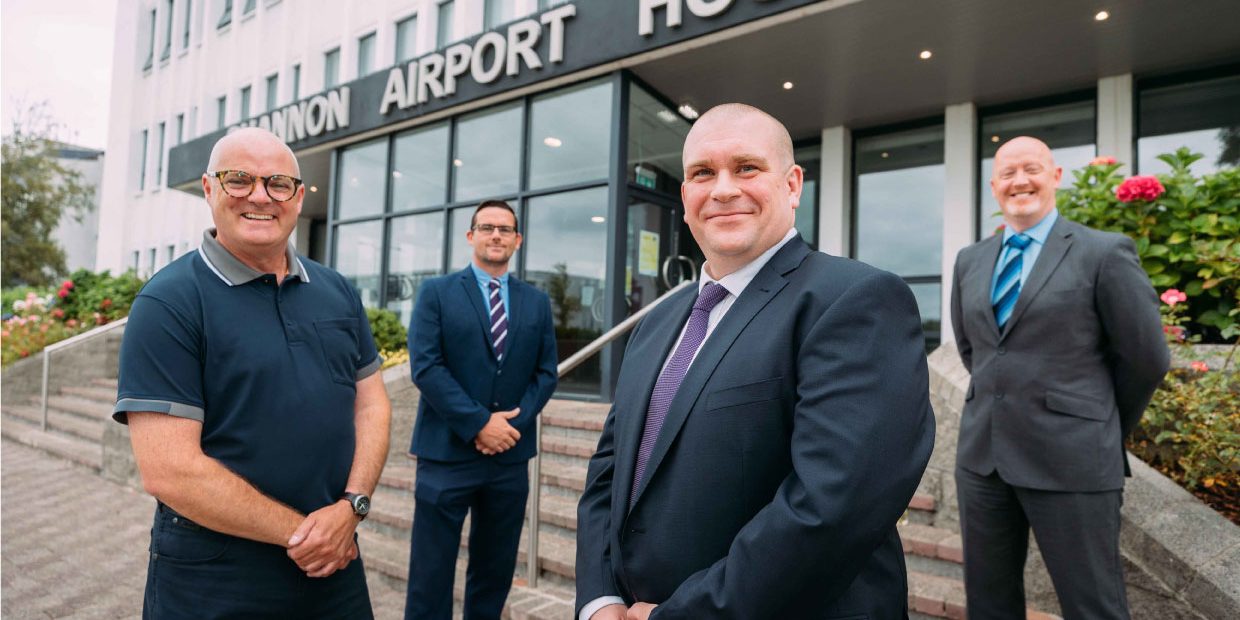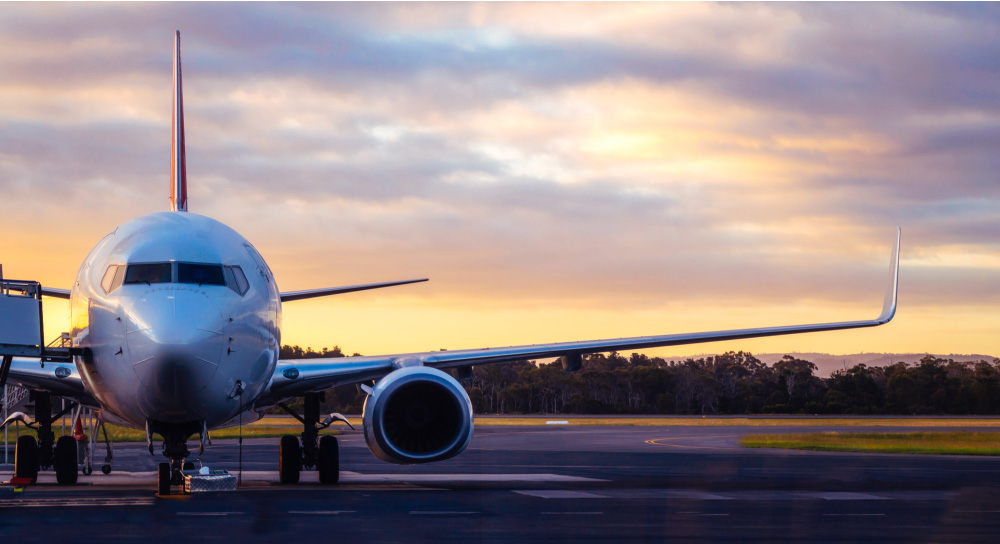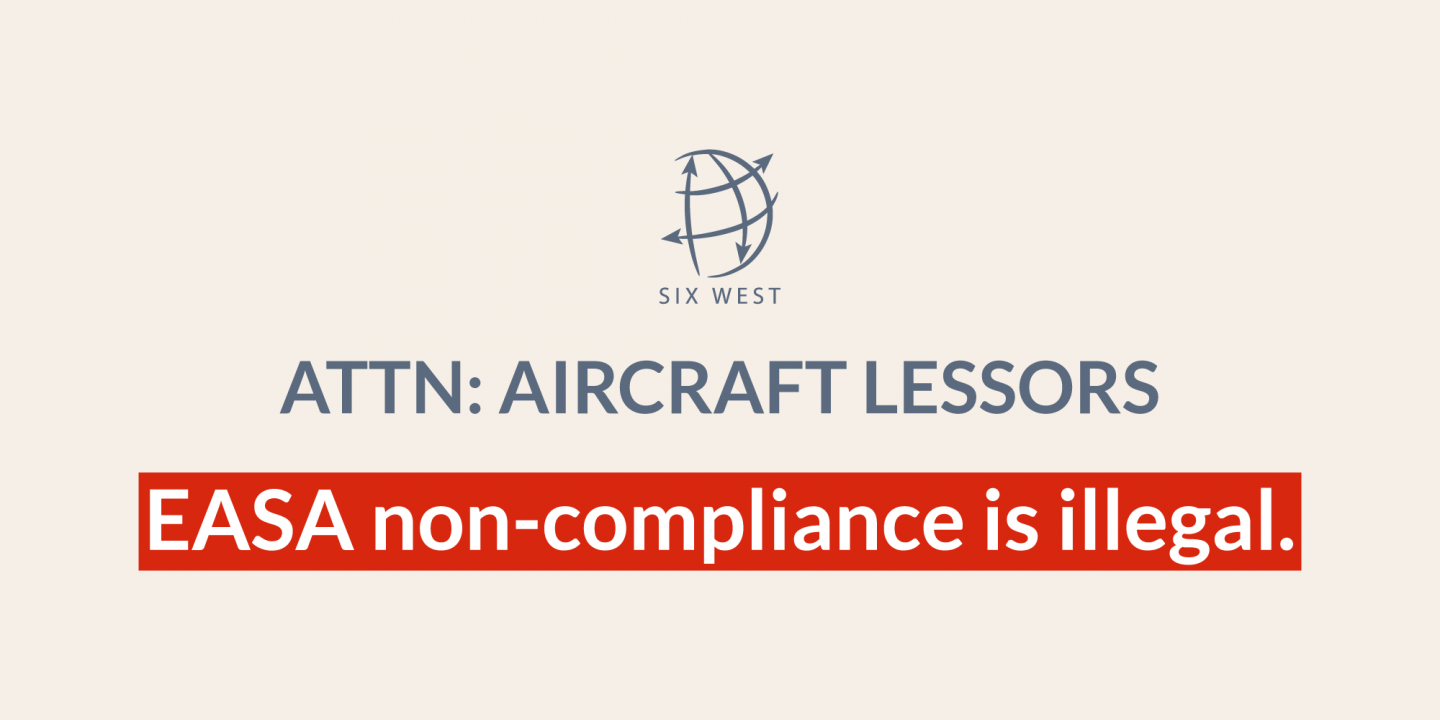Six West discuss how to navigate the regulations and ensure your asset is operated legally and safely.
The team at Six West recently sat down to discuss the importance of any flight ops provider to the aircraft leasing industry being able to demonstrate their compliance with the EASA regulations relating to Ferry, Demonstration Flights and Maintenance Check Flights. In industry parlance, this is known as “EASA Part NCC/MCF Approval”.
To summarise our own discussion so that you can benefit from these insights, Six West’s Chief Operating Officer, Matthew Gee gave Technical Manager, Eoin O’Sullivan related questions and then drilled down on a few of the need to know facts that, if not complied with, can have potentially devastating effects for the safety of an operation, as well as the security and insurance coverage of an aircraft lessors’ asset.

What is a Part NCC maintenance check flight and demonstration flight?
The phrase basically covers all flights an aircraft lessor requires on EASA registered aircraft. That includes ferry, demo and maintenance check flights. They are non-commercial flights on large complex aircraft conducted mostly during lease transitions, to move the aircraft from A to B, after maintenance, or after a period in storage. These flights often, but not always, involves complex functional checks of aircraft systems in flight with maintenance personnel on board also.
Who can conduct these flights on EASA registered aircraft?
EASA now enforce that only operators that comply with specific EASA regulations and their pilots are permitted to conduct these flights. The operators have proven to their EASA National Aviation Authority that their internal training processes are of a requisite standard and their pilots have been trained using these processes and are also trained annually attending refresher courses held ‘in-house’ by the operator. Any operator that does not hold this compliance demonstration, called an “EASA Part NCC, SPO.SPEC.MCF” should not be conducting these flights for aircraft lessors. It is now considered an illegal operation by EASA.
That is a mouthful of an approval to say out loud!
Yes, it is! It is also just one of the many reasons that enforcement has been slow by EASA. It has led to many misunderstandings even by people trying to enforce the requirements. It is vital however that anyone involved in the technical side of managing a lease transition understands the importance of compliance with these regulations. Aircraft lessors must ensure their flight ops provider is permitted to carry out these operations by their EASA Aviation Authority. Not understanding it is no longer grounds for non-compliance. Asset security and insurance coverage now demands this.
Simply put, what should lessors take note of?
If you are an aircraft lessor, and your aircraft is on any EASA register, the operator of that aircraft for any flight profile, including a ferry, must be able to show you their compliance from their EASA National Aviation Authority.
Thanks Eoin, so, drilling a bit deeper now, why ‘specially’ trained crew?
MCF flights are classed as high risk, non-revenue flights where crews are required to utilise skills an airline pilot might not have been trained in. It means flying the aircraft outside of a normal profile a standard airline pilot might fly each day. These trained skills consist of knowledge and expertise, identifying safety concerns, data collection and communication with maintenance personnel of findings and potential issues. For us to demonstrate total compliance we put our crew through intense annual simulator training, covering these unusual flight profiles. Again, an everyday airline pilot will not be trained to operate like this by their airline.
What are the other advantages of using a compliant MCF operator?
Besides the fact it is illegal not to, by choosing a compliant Maintenance Check Flight operator, lessors can have confidence in the safety, compliance and quality of the MCF process. The process is a crucial part of the lessors transition inspection requirements. It goes well beyond a box ticking exercise, so knowing your flight ops provider, like Six West, is demonstrating total regulation compliance is critical. As the owner of the asset, you also know it is being held to the highest of operational standards, and an organisation such as the Irish Aviation Authority (in Ireland) is not going to come knocking on your door asking you to explain why a flight operation took place that should not have.
Does this happen now? Are these Regulations being enforced by the Authorities?
Most definitely. The enforcing of the NCC / MCF regulations took some time to begin across the industry, but thankfully, now we are hearing regularly of aviation authorities across Europe taking action against flight ops providers that continue to do these flights without the Part NCC approval in place, and this in turn blows back to the lessor and can create all manner of problems.
This sounds like a good thing for aviation and specifically the aircraft leasing sector?
It’s a very positive move by EASA. For Six West, we can demonstrate our flight operations have achieved and maintain a standard which is set by EASA and enforced by the IAA. Part NCC / MCF compliance takes a lot of work to achieve and ongoing work to maintain. The oversight by the authorities, while at times can be arduous, keeps the bar high and guarantees a lessor a quality and a safety of flight operations that in the past could not be guaranteed.
On a practical level now, when a lessor uses Six West to conduct a ferry, demo or maintenance check flight, what can they be sure of?
Firstly, behind the scenes there has been a tonne of work to internally obtain the required Part NCC/MCF approval. Company processes and crew training and monitoring have been scrutinised over many months. Demonstrating compliance is a guarantee straight away that high standards are in place internally. Compliance with these regulations is hard work for any organisation. This means the lessor is working with a reputable and standardised organisation that is accountable to a National Aviation Authority in Europe.
Secondly, every flight profile required has been evaluated by the approved Post Holders and then passed to the trained crew who have covered these profiles already in flight-simulators and do so annually.
Thirdly, every flight is reported before it takes place to the IAA for an approval. They conduct their own processes to ensure safety is not eroded at any point.
There are no shortcuts and there are now multiple layers of accountability in place.
In the past, none of this was required. Many flight ops providers just sent two pilots with a flight plan to an aircraft to run through some unusual profiles. Thankfully, this is now considered illegal and is being enforced by European aviation authorities.

What should a lessor look for in a flight ops provider then to ensure they are complying?
It is important a lessor asks their provider to show them evidence of how they are complying with the regulations. Unfortunately, there are some organisations out there claiming to be compliant but simply are not. Enforcement from EASA has taken some time so there has been a ‘grey area’ the past couple of years that has been taken advantage of by some.
Tech reps or VP’s of Technical or anyone else with a responsibility towards their aircraft in the leasing sector should feel entirely comfortable asking anyone they use for evidence of their EASA Part NCC/MCF compliance. This will be in the form of a Certificate issued by the EASA National Aviation Authority from where their Principal Place of Business is located. In our case, Ireland.
Is this the same as an OTAR’s Approval?
Absolutely not. OTAR’s approvals are something entirely different. They allow a flight ops provider to operate aircraft registered in Bermuda and Cayman Islands. Don’t let anyone try to tell you that their OTARs approval allows them to conduct ferries, demos or maintenance check flights on EASA registered aircraft.
An EASA registered aircraft conducting a flight under the guise of an OTAR’s approval is an illegal operation.
Thanks Eoin, can you sum this entire topic up in a couple of short sentences?
Aircraft lessors need to ensure their flight ops provider can demonstrate total compliance with the EASA Part NCC / MCF Regulations before appointing them to fly an EASA registered aircraft for any part of a lease transition. Be that a normal ferry flight, a demonstration or a maintenance check flight. If they cannot show you their compliance or approval from their EASA National Aviation Authority, don’t let them operate that aircraft. It will be an illegal operation.
Finally, don’t just assume they have the compliance and approvals to do this for you because they claim to on their website or social media. Ask for supporting evidence.
